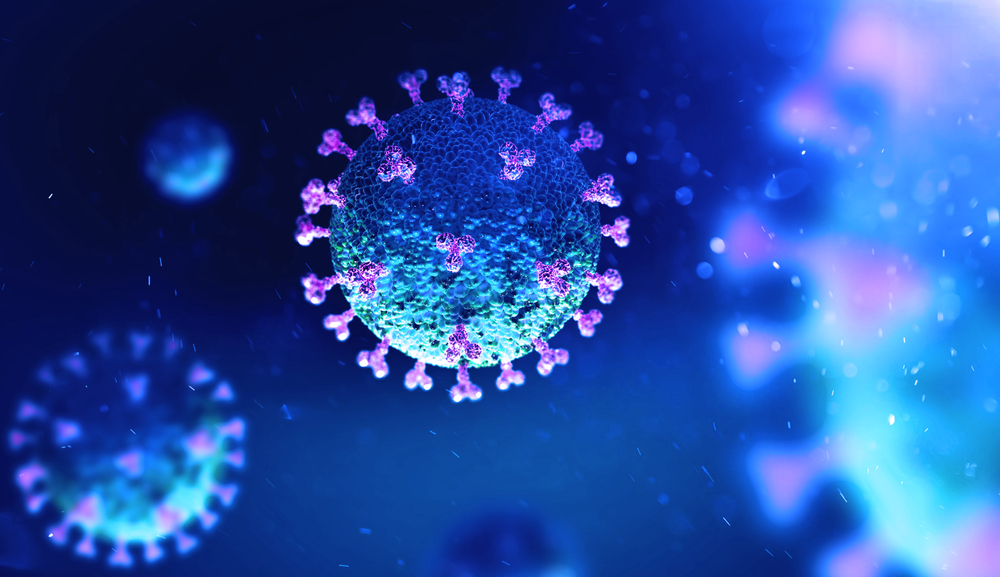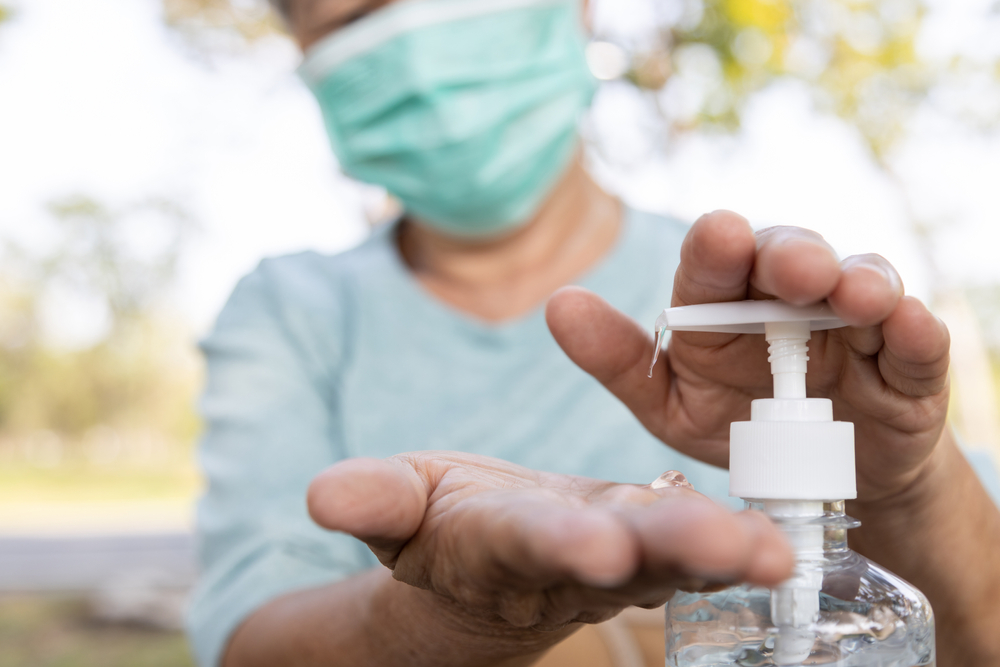Take Extra Care this Flu Season

Most of us have experienced the flu at least once in our lives; however, this year’s COVID-19 pandemic makes the familiar flu extra deadly. The good news is that a vaccine is being delivered to the public and the end seems to be in sight. Until then, and even for some months after, you must remain safe and keep following the recommended precautions. Here is what you need to know about the flu, COVID-19, and why this year’s flu season could be especially dangerous.
COVID-19 update
COVID-19 needs no introduction at this point; it is disruptive, highly infectious, and has killed well over 300,000 Americans. Some of the most common symptoms include fever, cough, and headaches. While these are not the most frightening symptoms on their own, COVID-19 also can cause shortness of breath, loss of taste and smell, blood clots, brain fog, and a host of unknown short- and long-term effects. The Centers for Disease Control and Prevention (CDC) recommends wearing a mask when in contact with others, remaining at least 6 feet from anyone outside of your household, and washing your hands for at least 20 seconds after touching potentially contaminated surfaces.
You may have heard these facts countless times, but you should never ignore them. Failure to take COVID-19 seriously will only prolong the pandemic; conversely, following the safety guidelines, limiting contact with others, and staying home if sick will bring it to an end. With vaccines now being distributed around the world, the future is promising. But it doesn’t mean relaxing your safety protocols, especially when it comes to the flu.

Know your flu
Like COVID-19, the flu is a highly contagious virus spread through respiratory droplets. It also causes fever, cough, shortness of breath, and fatigue among other symptoms. However, the flu usually has a shorter duration and recovery period than COVID-19; it also has a more readily available vaccine and treatment. Despite this, vulnerable populations — such as infants, the elderly, and people with chronic conditions — must take extra care to protect themselves and each other from the flu.
While the seasonal flu kills tens of thousands of people in the United States each year, COVID-19 has made it seem friendly in comparison. Nevertheless, it is no less important for you to stay safe from the flu this year. It is possible to get both illnesses at once. Doctors warn that the spread of flu and COVID-19 this year could be extra deadly in what they call a twindemic.” This is because a confluence of a severe flu season and the nationwide surge in COVID-19 cases could further strain already crowded healthcare systems.

Safety tips
In short, the flu and COVID-19 are distinct viruses with different timelines and rates of infection. However, because they have many similar symptoms, it can be confusing and frightening if you are feeling sick. So how do you avoid getting infected from either?
There is some good news: because the flu and COVID-19 are both spread through respiratory droplets, you can take many of the same precautions for the flu as you already do for COVID-19. That means wearing a mask, washing your hands frequently, and avoiding close contact with others. Continue to follow the recommended precautions to prevent the spread of both viruses this holiday season.
Want to boost your immune system? Eat a healthy diet, get daily exercise, and aim for eight hours of sleep every night. These routines, in addition to virtual socialization and stress reduction can give you the extra protection that could keep your body safe. The CDC also suggests postponing or virtualizing any holiday gatherings this year. It is better to keep your friends and family safe by canceling plans than to gather anyway and risk losing them forever.
Although a vaccine is finally here, the end of the pandemic is still some months away. That finish line will only get farther away unless we all do our part to stop the spread of COVID-19 and the flu. Fortunately, you have many ways of staying safe this season. All it takes is patience, knowledge, and care — and help from GIW.

